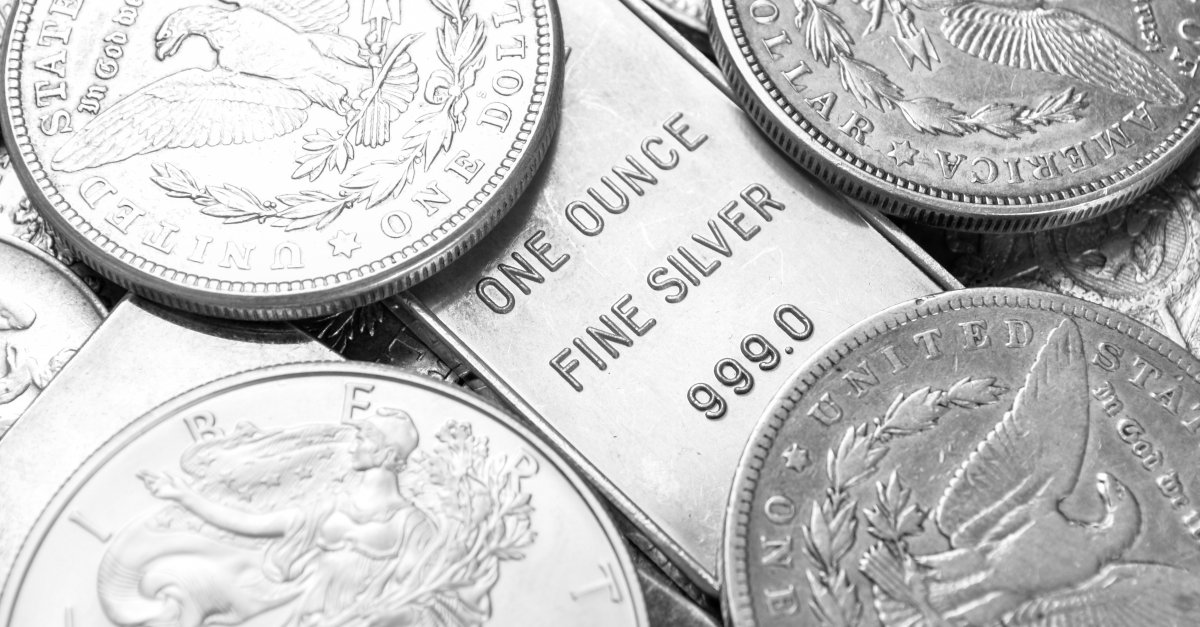With effect from this Wednesday, the government has reinstated the windfall tax on domestically produced crude oil with an impost of Rs 6,400 per tonne and eliminated the tax on diesel exports. Petrol and aviation turbine fuel intended for exports are still free from tax.
In its most recent fortnightly review, the Central Board of Indirect Taxes and Customs, a division of the Ministry of Finance, announced the adjustment on Tuesday evening.
The increase in the special additional excise tax (SAED) on domestic crude oil production comes after the OPEC+ decided to restrict oil production by 1.16 million barrels per day on April 2. This decision caused oil prices to jump by roughly 9% to $85 per barrel.
After a slight drop in crude oil prices in March 2023, the Centre reduced the windfall tax (also known as SAED) on domestically produced crude oil to zero and, in early April, cut the tax on diesel intended for export in half to Rs 0.5 per litre.
During a surge in oil prices during the conflict between Russia and Ukraine, the windfall tax was first levied on July 1, 2022. The action was also intended to solve the shortage in the local fuel market, which was caused by private refiners’ neglect of domestic retail outlets in favour of highly lucrative export markets. The increase in SAED will boost government revenue, but it will also have an effect on the oil industry because it would force them to pay a greater tax on the sale of domestic crude oil.
State-run ONGC and OIL produce around 77.5% of the world’s crude oil, with private companies contributing about 22.5%. ONGC produced 16.8 million tonnes and OIL produced 2.8 million tonnes of the 25.4 million tonnes of crude oil that were produced in India overall in FY23 until February 2023.
The Indian crude oil price basket reached a peak of $116 per barrel in June 2022 before declining to $78.54 per barrel in March 2023. But as of thus far in April 2023, it has increased once more, to an average of $85.59/bbl.

